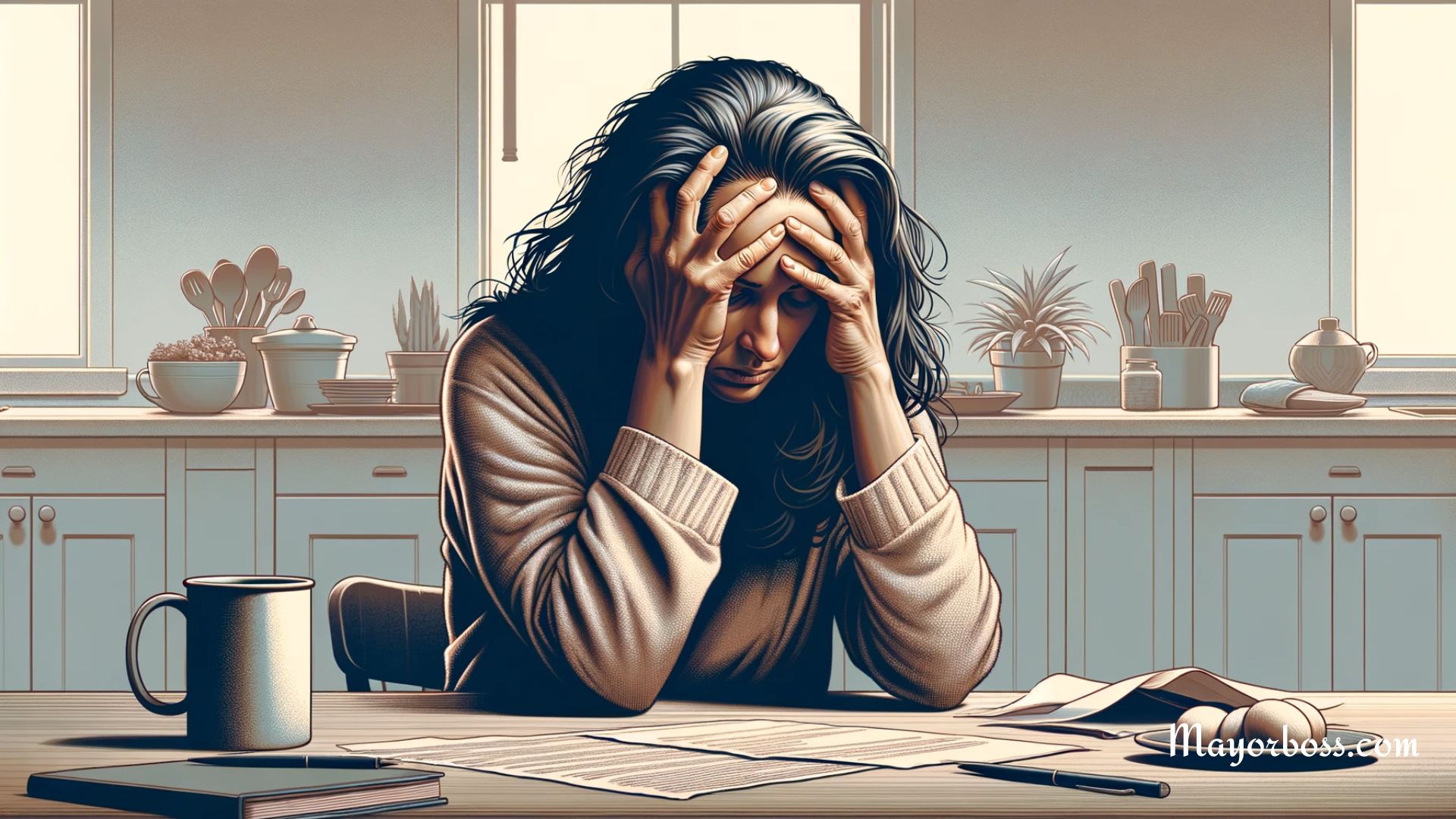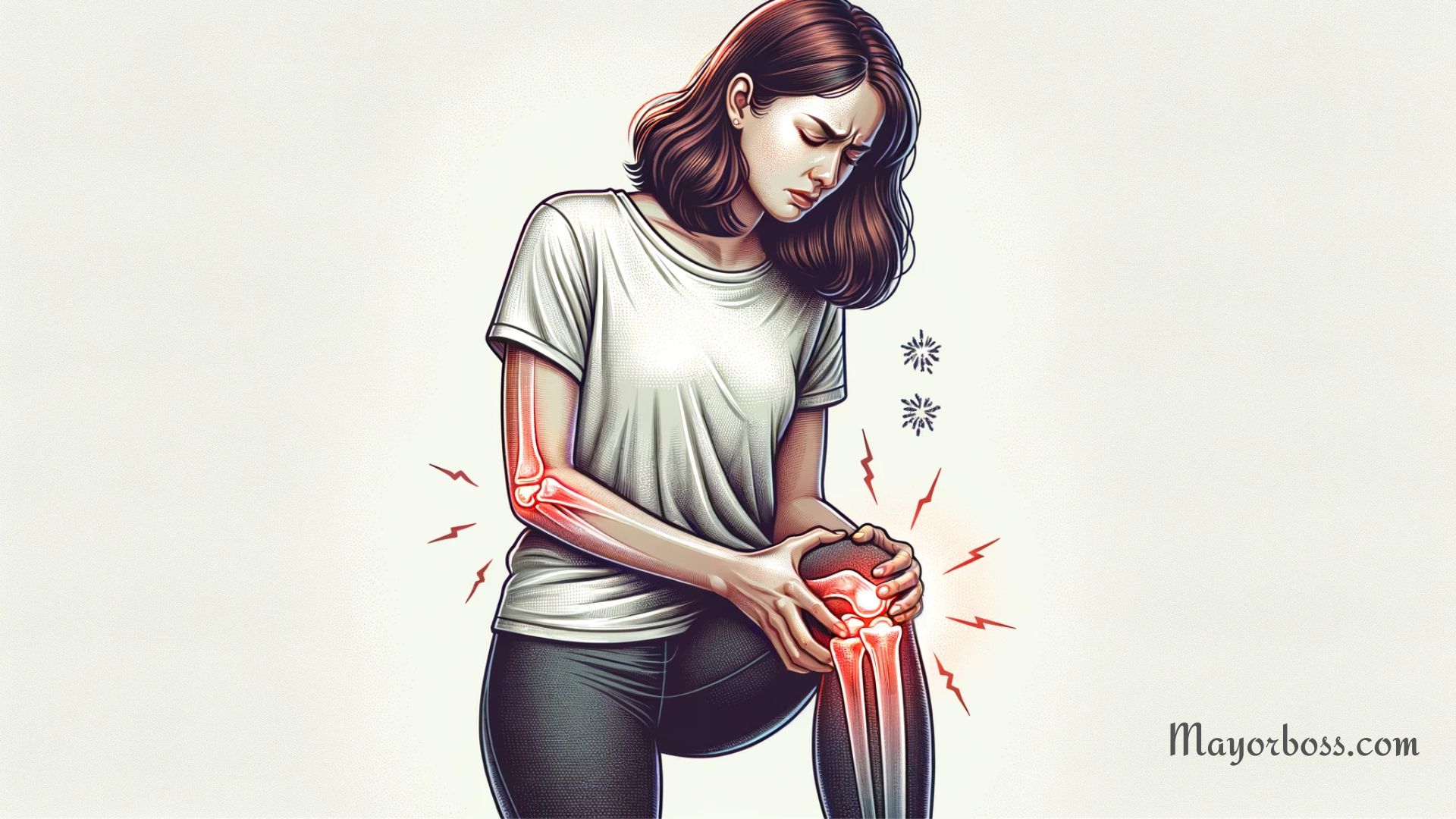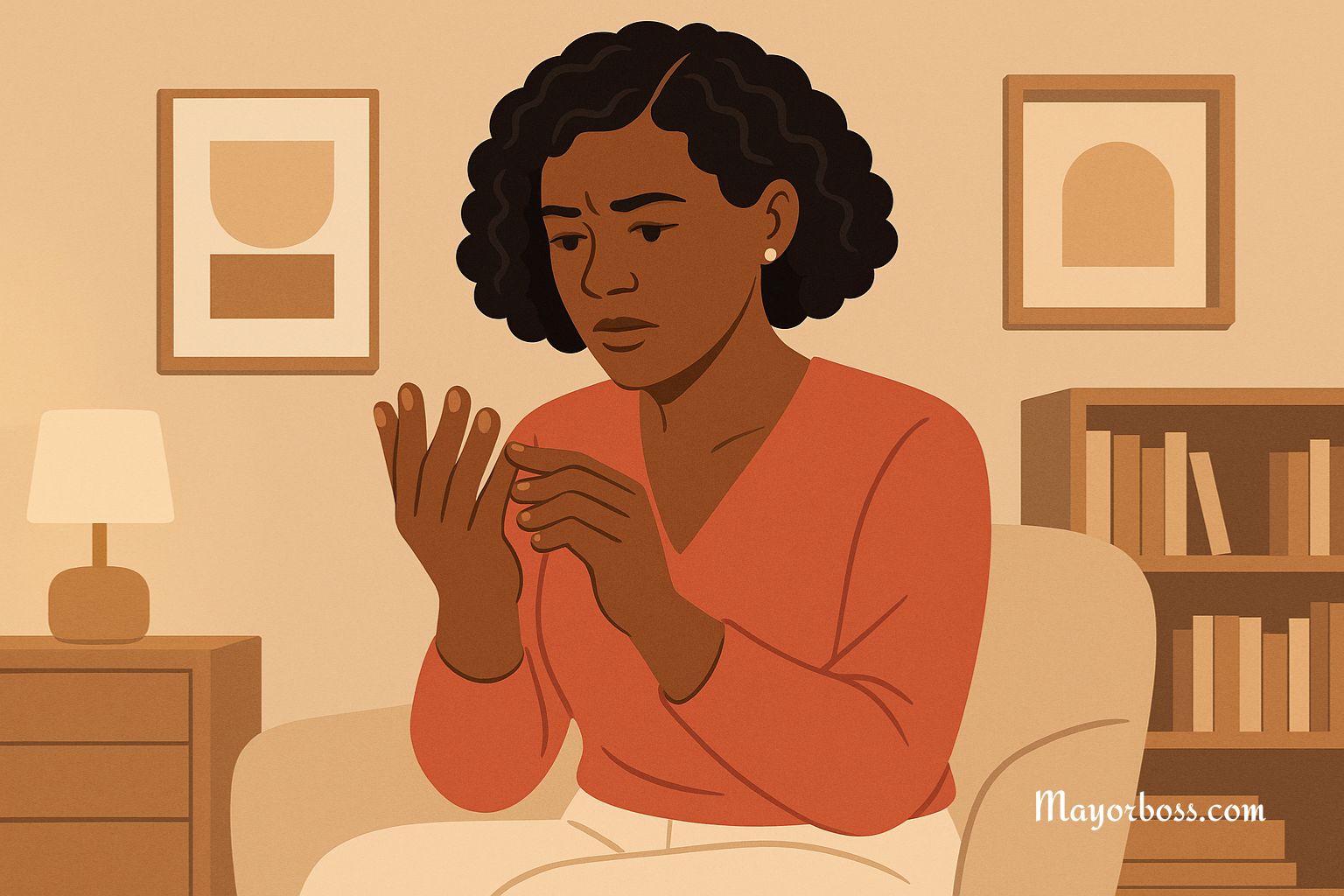Stress and Anxiety: Symptoms, Causes, and Relief Methods
What are Stress and Anxiety?
Stress is your body’s reaction to any demand placed on it, whether physical or mental. It’s a biological response to perceived threats triggered by various events that make you feel frustrated or nervous. This response is characterized by chemicals and hormones in your body, which can help you deal with specific problems. However, excessive stress can be harmful to your health.
Anxiety, on the other hand, is a feeling of fear, worry, or unease. It can occur as a reaction to stress but can also happen without any obvious trigger. Living with chronic anxiety can physically stress your body, affecting numerous systems like your nervous, cardiovascular, and digestive systems.

What Does Stress Feel Like?
Stress is primarily a physical and psychological response to external demands or pressures. Common feelings associated with stress include:
- Overwhelm: Feeling unable to cope with the demands being placed on you.
- Irritability: Quick to anger or frustration over seemingly minor issues.
- Fatigue: Feeling consistently tired and despite rest.
- Muscle Tension: Notably in the neck, shoulders, or back.
- Difficulty Concentrating: Trouble focusing on tasks or making decisions.
- Sleep Disturbances: Problems with falling or staying asleep.
- Headaches: Frequent tension headaches or migraines.
- Stomach Issues: Upset stomach, nausea, or digestive problems.
What Does Anxiety Feel Like?
Anxiety, while related to stress, is more characterized by persistent worry and fear. Typical feelings of anxiety include:
- Excessive Worry: Constantly feeling nervous or on edge about various aspects of life.
- Restlessness: A sense of being unable to relax or sit still.
- Rapid Heartbeat: Often accompanied by chest tightness or palpitations.
- Panic Attacks: Sudden, intense episodes of fear, often with physical symptoms like sweating, trembling, or shortness of breath.
- Avoidance Behavior: Steering clear of situations or activities that trigger anxiety.
- Intrusive Thoughts: Persistent, unwanted thoughts or fears that seem uncontrollable.
- Insomnia: Difficulty falling asleep due to racing thoughts or worries.
- Gastrointestinal Problems: Such as irritable bowel syndrome (IBS) or nausea.
Causes of Stress
Stress is primarily a reaction to external demands and can be triggered by a variety of factors:
- Workplace Challenges: Tight deadlines, heavy workloads, and conflicts with colleagues or superiors are common sources of stress in the workplace.
- Personal Relationships: Issues in relationships with family, friends, or partners can lead to significant stress.
- Health Issues: Personal or family health problems can be a continual source of stress.
- Financial Worries: Concerns about money, debt, and financial security are major stressors for many people.
- Life Changes: Major life changes, such as changing jobs, moving, or dealing with loss, can trigger stress.
- Environmental Factors: Noise, overcrowding, and pollution can contribute to stress, often unnoticed.
- Unrealistic Expectations: Setting unachievable goals or having unreasonable expectations can lead to chronic stress.
Causes of Anxiety
Anxiety, while it can be triggered by stress, often has more internal causes:
- Genetic Factors: A family history of anxiety disorders can increase the likelihood of developing similar issues.
- Brain Chemistry: Imbalances in neurotransmitters, chemicals in the brain responsible for mood regulation, can cause anxiety.
- Personality Traits: Individuals with certain personality traits, such as perfectionism or a tendency to easily feel overwhelmed, may be more prone to anxiety.
- Traumatic Events: Experiences such as abuse, accidents, or witnessing traumatic events can trigger anxiety disorders.
- Chronic Health Conditions: Ongoing health issues, especially those involving chronic pain or serious diagnoses, can lead to anxiety.
- Substance Abuse: Misuse of alcohol, drugs, or certain medications can cause or worsen anxiety.
- Stressful Life Circumstances: Prolonged exposure to stressful situations, like financial difficulties or relationship problems, can escalate into anxiety.
Natural Relief of Stress and Anxiety
Acknowledge and Understand Your Feelings
The first step in managing stress and anxiety is acknowledging your feelings. Understanding that stress is a normal reaction to life’s demands and anxiety is a common experience can help you approach these feelings more constructively.
Engaging in Self-Care and Relaxation
Self-care activities are crucial in managing stress and anxiety. These include:
- Exercise: Regular physical activity can significantly reduce symptoms.
- Mindfulness and Meditation: These practices can help you stay present and reduce anxiety levels.
- Deep Breathing: Conscious control of your breathing can help manage anxiety.
- Adequate Sleep: Ensuring you get enough rest is vital for managing both stress and anxiety.
- Relaxation Techniques: Activities like yoga, tai chi, and massage can trigger a relaxation response, lowering stress hormones and promoting calmness.
Lifestyle Adjustments
Making certain lifestyle changes can also help manage stress and anxiety:
- Reducing caffeine and alcohol intake as they can exacerbate anxiety.
- Quitting smoking, which is linked to increased stress and anxiety levels.
- Managing time and responsibilities to reduce daily stressors.
- Eating a balanced diet to support overall health.
Cognitive-Behavioral Therapy (CBT)
CBT is a form of therapy that helps in altering negative thought patterns. It can be particularly effective in treating anxiety disorders.
Seeking Professional Help
In cases where stress and anxiety are overwhelming or chronic, it’s important to seek professional help. Therapists can provide strategies and support tailored to your specific needs.






